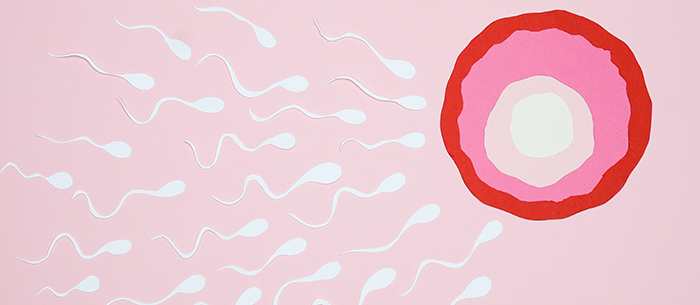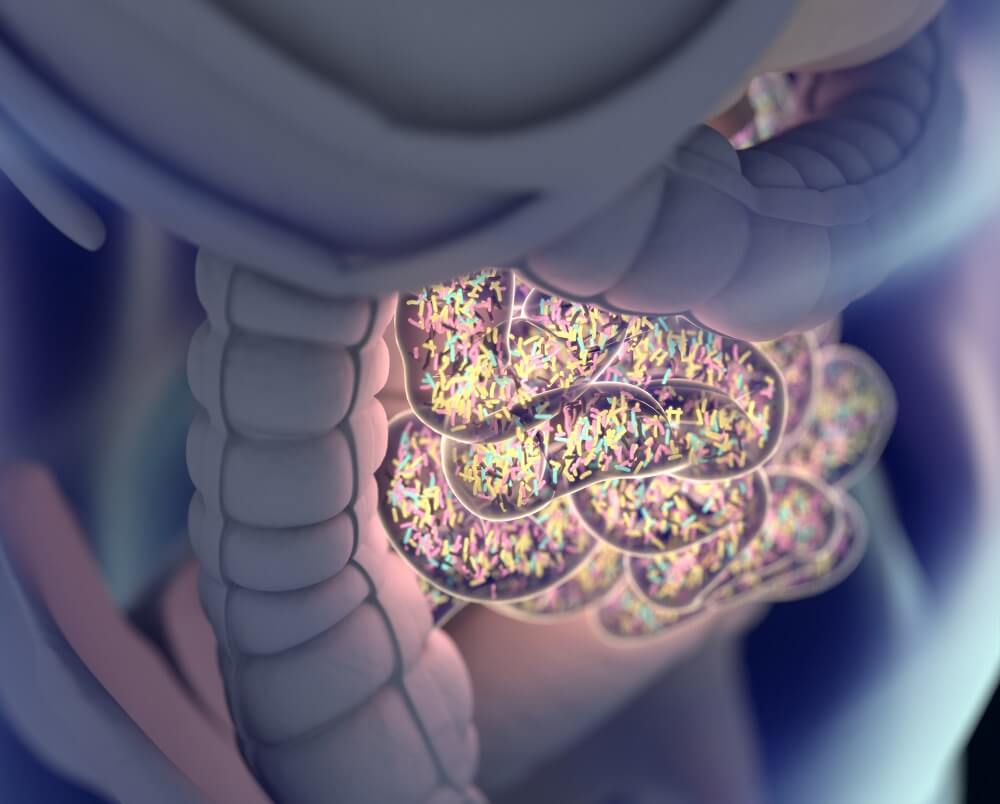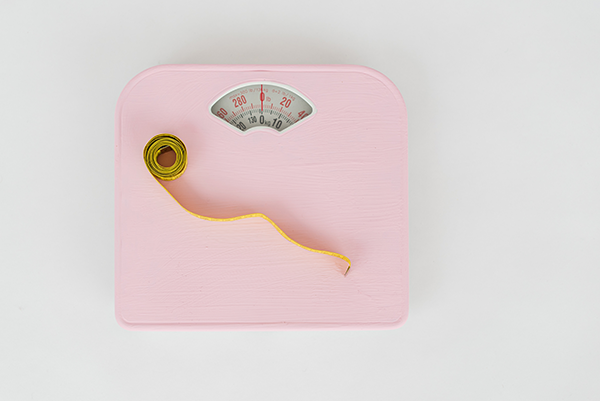PCOS is an endocrine condition in which the female reproductive hormones are off-balance and result in infertility in women of childbearing age. Women who experience PCOS may have irregular periods, high androgen levels, and the frequent development of ovarian cysts. Although it is unclear what exactly causes PCOS, it is believed to be a result of increased insulin and androgens levels and usually affects overweight or obese women.
Continue reading “PCOS Diet: Foods to Eat and to Avoid if You Have PCOS”














